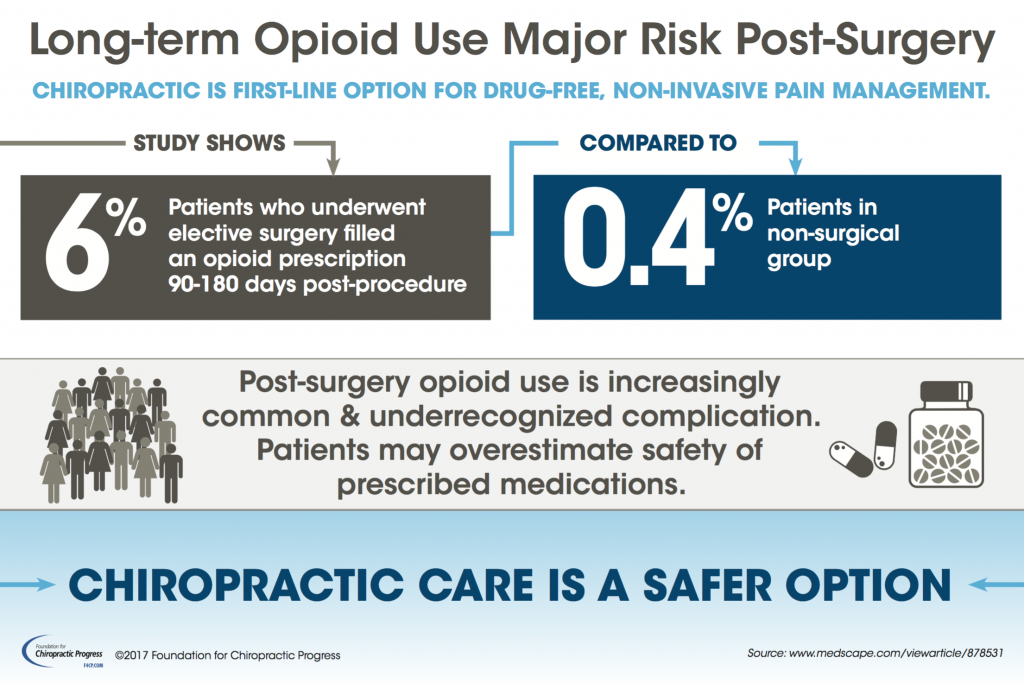Find Out The Fact About Chiropractic Care Modifications And Their Risk Of Addiction-- Learn What The Science Exposes And Its Ramifications For Your Health
Find Out The Fact About Chiropractic Care Modifications And Their Risk Of Addiction-- Learn What The Science Exposes And Its Ramifications For Your Health
Blog Article
Article Developed By-Klint Farrell
You could have heard that chiropractic care changes can result in a habit forming reliance, however that's a common mistaken belief. Lots of people locate alleviation without creating any type of kind of addiction. It's important to understand real purpose of these changes and how they match your overall wellness technique. So, exactly what does the scientific research claim about chiropractic care and your well-being? Let's discover the facts.
Comprehending Chiropractic Adjustments and Their Objective
When you consider chiropractic adjustments, it's essential to comprehend their function and just how they function. These adjustments intend to fix misalignments in your spine and joints, advertising much better positioning and activity. By using regulated pressure to specific areas, chiropractics physician assist relieve pain, enhance function, and improve your total well-being.
Chiropractic treatment concentrates on your body's capacity to heal itself, highlighting the connection between the spine and the nervous system. When your spine is aligned, it can reduce nerve disturbance, allowing your body to work ideally.
Normal modifications might likewise aid avoid future issues, keeping you active and pain-free. Inevitably, chiropractic modifications serve to sustain your wellness, enhance flexibility, and improve your lifestyle.
Common Myths Concerning Addiction and Chiropractic Treatment
Many individuals hold mistaken beliefs concerning the relationship between chiropractic care and dependency therapy. One usual myth is that chiropractic care modifications produce an addiction-like dependency. Actually, lots of clients find relief from discomfort and discomfort, however this doesn't imply they develop a psychological or physical addiction.
An additional myth is that chiropractic doctors are just trying to maintain you coming back for even more modifications. Many chiropractics physician prioritize your well-being and aim for long-term wellness instead of frequent visits.
Furthermore, some believe chiropractic treatment can replace typical addiction treatments, yet it needs to complement, not substitute, evidence-based therapies. Understanding these misconceptions can assist you make informed options about your wellness and health without falling victim to false information.
The Scientific Research Behind Chiropractic Adjustments and Patient Experience
While some may question the efficacy of chiropractic modifications, an expanding body of study sustains their duty in easing discomfort and boosting total feature.
Researches show that spine control can lower discomfort from problems like reduced pain in the back, tension migraines, and neck pain. When you undertake chiropractic care, the changes intend to recover appropriate positioning, enhancing your body's all-natural healing abilities.
Numerous clients report raised mobility and a higher sense of well-being after treatment. Furthermore, the healing relationship you develop with your chiropractic physician can enhance your experience, as they provide tailored care tailored to your demands.
This mix of scientific backing and positive client experiences assists make clear why chiropractic care adjustments work for lots of individuals seeking relief.
Verdict
In conclusion, chiropractic changes aren't addicting; they're developed to improve your well-being and promote positive health care. By unmasking low back pain treatments bordering dependence, it's clear that these treatments can supply considerable alleviation without developing a cycle of dependency. Welcoming chiropractic treatment as a complementary strategy to conventional treatments can lead to better wellness results. So, if visit this web-site considering changes, felt confident that they have to do with boosting your quality of life, not producing a dependence.
